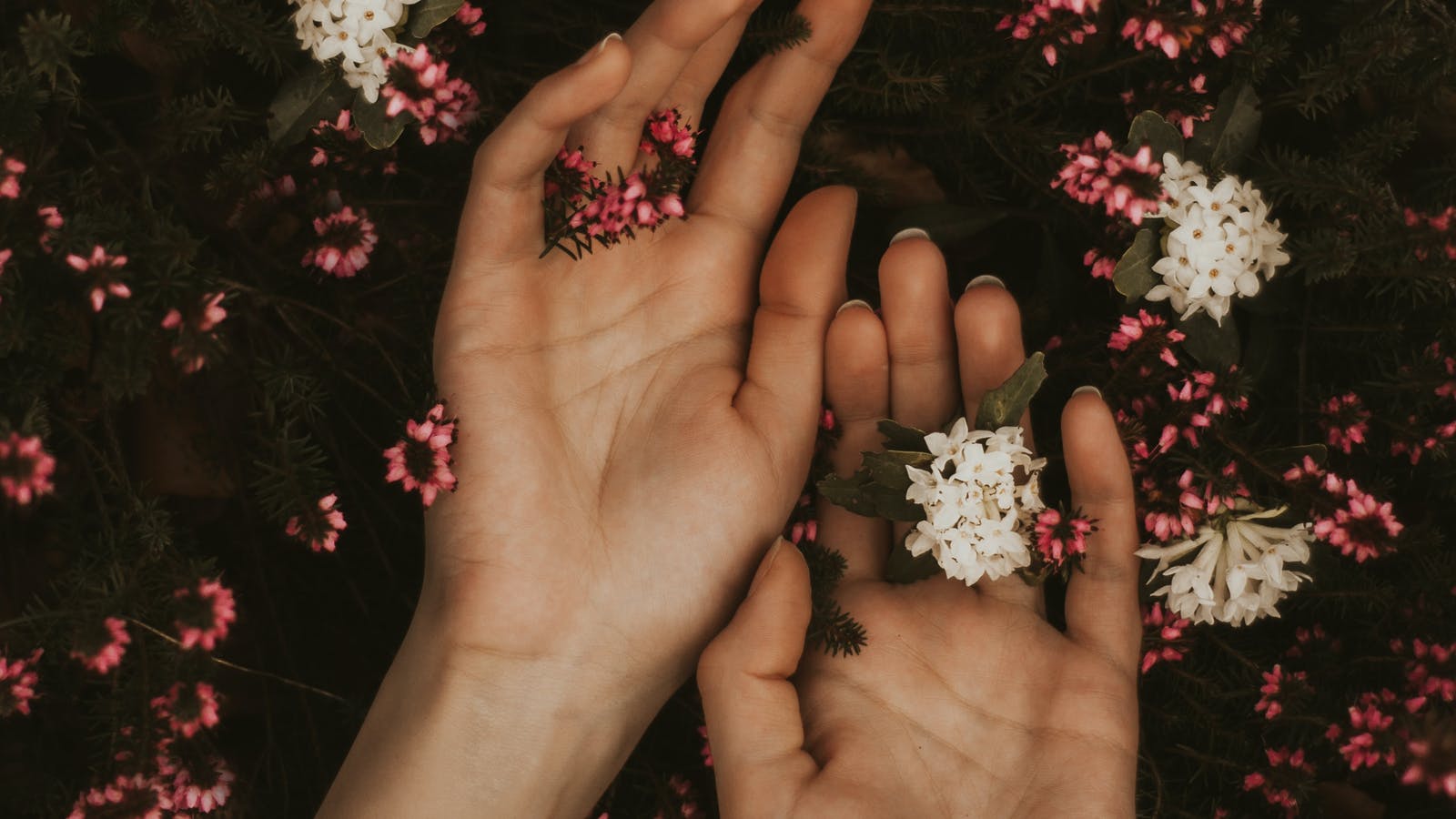When it comes to health, we are not all equal. Take a walk in the forest on a rainy day: one will catch a cold while the other stays fit, some catch the flu while others, although exposed in the same way, get through it every year. So what makes the difference? Our land. Here in this article are the different ways to listen to your body, to become aware of the messages it sends us in order to feel good physically but also in terms of our behavior and our emotional state.
Historical zoom:
In the 20th century, Béchamp and Pasteur opposed each other to defend their theories on bacteria before the scientific circles of the time. Pasteur claims that all infectious diseases come from outside the body, while his contemporary Béchamp sees disease as having an internal origin. In summary, Pasteur then gives no credit to the fundamental importance of the good health of an organism as an essential element of resistance to disease.
The concept of land
Ask a farmer about what a good field is: he will tell you about fertile soil, rich in micro-organisms, water and trace elements, allowing his crops to develop at their best. No good production without good soil.
Well it's the same with us, understanding your terrain means listening to our body and its functioning in order to anticipate deviations by planning an adapted and personalized action plan.
Good or bad disposition?
Everyone has ideal or unfavorable terrain. If our ideal composition is altered - poor food hygiene, stress, poorly managed emotions, established fatigue - our vitality is altered, our immune system is weakened and our health then finds itself in limbo.
Our land is determined by:
Our heredity . What we call in naturopathy our constitution. It's what our parents left us at birth, the baggage with which we arrived.
Our temperament . According to Hippocrates, there are four: blood, lymphatic, bilious and nervous. It determines our strengths and weaknesses. Certain factors influence it: our environment, our behavior, our beliefs... It all depends on which bath you want to immerse yourself in!
Toxemia. It is the clogging of the fluids in our body: blood, lymph, serum. It is the result of the waste that our body produces (from digestion and the functioning of our cells) and that which we bring to it (poor diet, pollution, excess medications).
So all condemned?
Hopefully not ! It's not because you recover the allergic terrain from mom or dad that your fate is sealed!
It's a bit like managing a bank account:
- You have a big initial investment but you are burning the candle at both ends -> expect a backlash.
- You have small savings that you manage skillfully -> bingo!
This is where the naturopathic point of view comes into play:
First hypothesis, you “catch” a cold, a sore throat, a stomach bug…. The culprit is a microbe, an external virus. At that moment, you open the medicine cabinet to swallow a product that will directly attack the pathogen. Disappearance of the symptom = cure. Now let's say you change your point of view. Considering like Béchamp that an imbalance settles suddenly or gradually on an organism weakened by an inadequate lifestyle (diet, emotions, thoughts). What would you do ? You strengthen the walls, check the foundations of your fortress!
Let's cultivate our garden
It is urgent to rethink your health in a global (body-mind) and coherent way.
- PREVENT RATHER THAN CURE. Because it is easier to prepare for war in order to have peace, become an enlightened actor in your health. Prepare the ground with the help of a health educator to activate, nourish and strengthen your natural mechanisms.
- LISTEN TO YOUR BODY. Receive the signals your body gives you to understand how it works, identify your body's strengths and weaknesses to optimize your health.
- LET YOUR FOOD BE YOUR MEDICINE. You wouldn't put diesel in your car that runs on super? Choose a healthy, natural diet adapted to your physiology.
- KEEP THE FOCUS OF YOUR THOUGHTS PURE. “We cannot prevent the storm but we can learn to ride the waves”: adopting emotional hygiene takes on its full meaning when we know that the brain and immunity are intimately linked. Learn to harmoniously manage your emotions and thoughts, there is no shortage of practices: sophrology, yoga, meditation, relaxation…
- MOVE, ELIMINATE! To activate your body's natural outlets (emunctories) in order to eliminate overload, to oxygenate and to clear your head!
- OK BUT IT’S COMPLICATED! You want to adopt a better overall lifestyle but changing is not always easy. We don't know where to start, we need encouragement, support, motivation but first explanations. Do not hesitate to contact a naturopath* for example for adapted and personalized advice, remember that you are unique.
For sensations of daily well-being, we must also take into account that our material envelope is made up of three bodies: physical, emotional and mental and listening to the needs of the body means giving our three bodies what they need each moment. They cannot be dissociated and if one of them is missing, the other two are automatically affected.
Indeed, the most common signals that we can find on the physical level are: loss of energy, discomfort or illness, pain, rapid weight loss or gain, sudden loss of hair, muscle strength, etc. On the emotional and mental levels, these signals manifest themselves through inner discomfort which is caused for example by fear, guilt, doubt, lack of self-confidence. Here are the tips to apply in order to best enrich these three bodies.
Physical horn:
- Become aware of your breathing in your stomach by inhaling and exhaling as much pure air as possible;
- Drink plenty of water, 2 liters per day;
- Do exercises or physical activity to develop muscles and perform stretches to avoid injury;
- Take the time to rest and sleep when the body needs it;
- Have good posture, with a straight back and shoulders to avoid pain and tension.
Emotional body:
- Have short, medium and long term goals;
- Feel the pleasure and pride in achieving your goals;
- See the beauty in people and what surrounds us rather than criticizing;
- Have confidence in yourself, in your abilities, your strengths rather than devaluing yourself;
- Be grateful for our day, week and year;
- Put all your heart into the work when making a choice, etc. ;
- Know how to have fun, be joyful and happy every day;
- Be as positive as possible throughout your day by looking on the bright side of things.
Mental body:
- Dare to be yourself while respecting what we want to be;
- Be true to yourself and others;
- Let go of your emotions and bodily sensations. Sometimes it is important to let go of control;
- Knowing that there are always one or more solutions to any problem, which allows us to move towards a solution rather than being influenced by our fears;
- Do personal development exercises
- Live your present moment rather than regretting the past and worrying about the future.
I leave the final words to Pasteur, who said before dying: “Béchamp was right, the microbe is nothing, the terrain is everything!” ".

